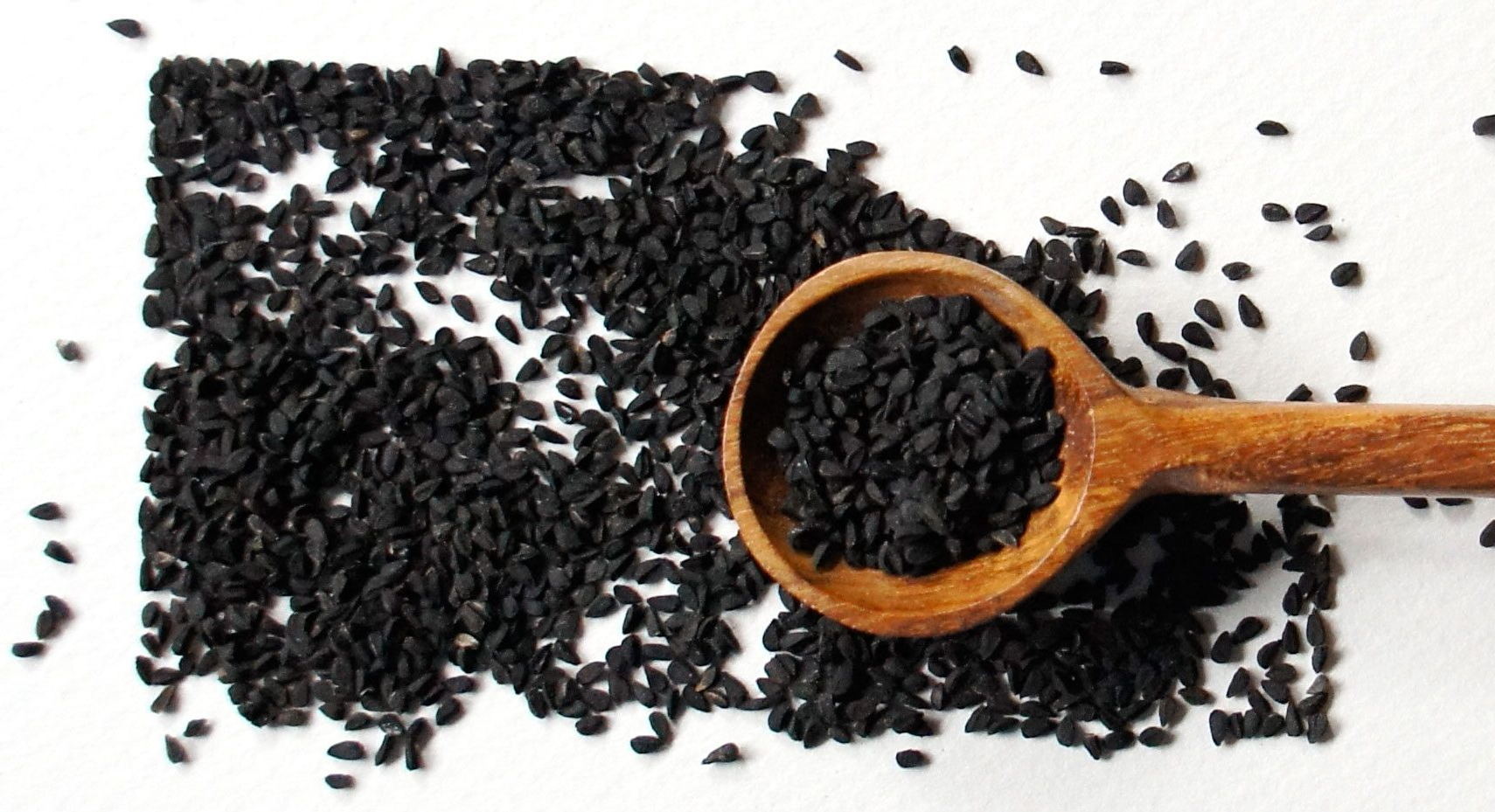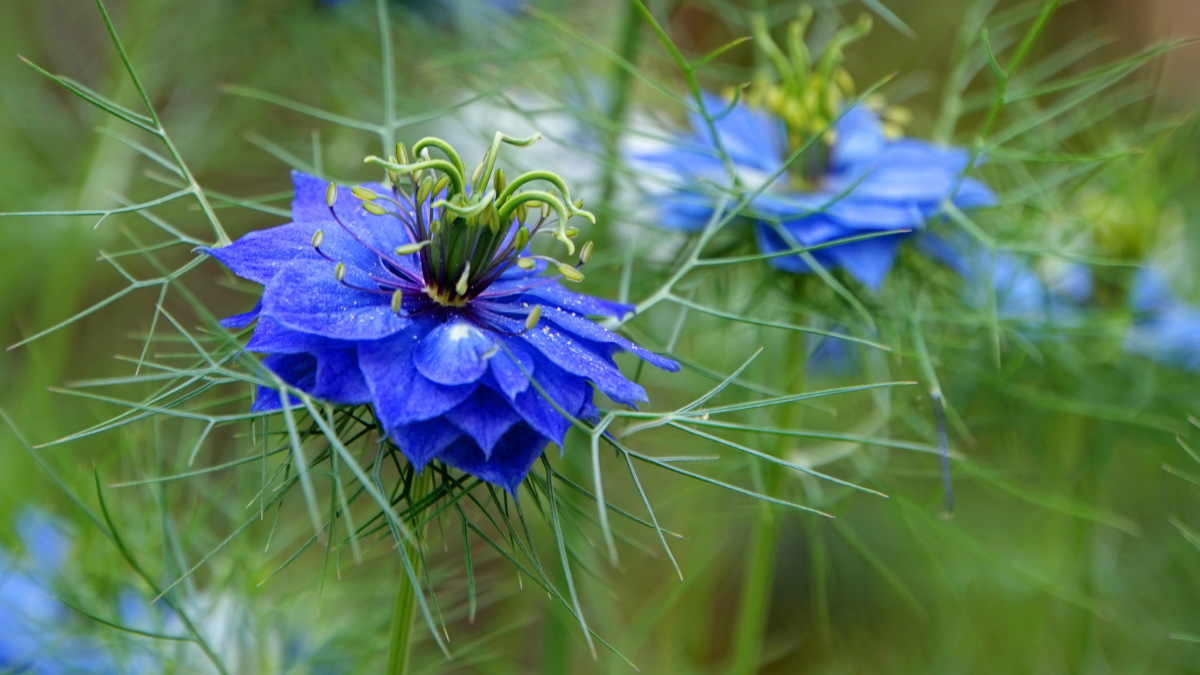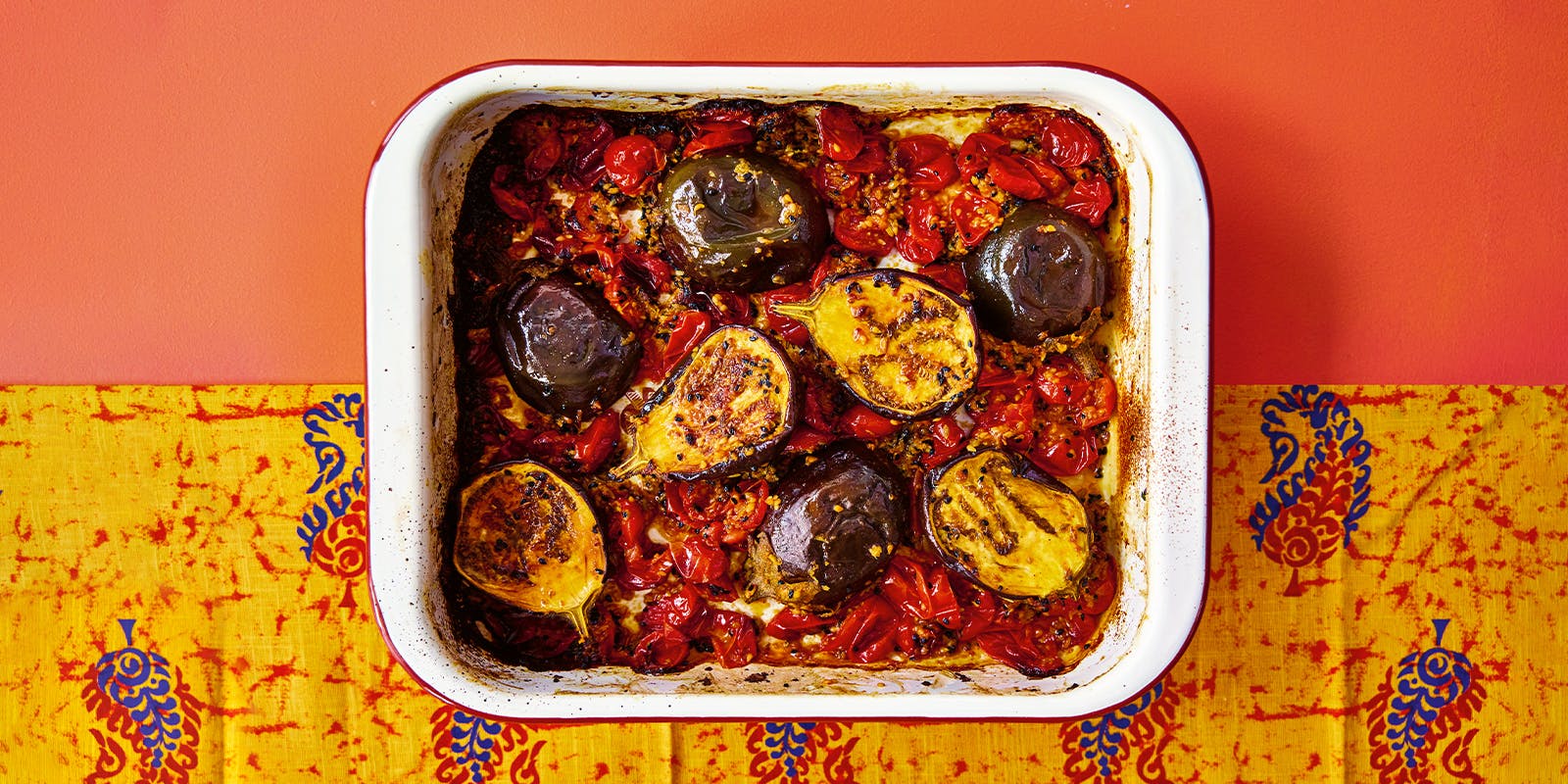
Nigella for a Deeper Savour
Nigella seeds bring a mildly bitter, nutty, and slightly onion-like flavour to both sweet and savoury dishes. Perfect for breads, curries, and spice blends, they add a distinctive aromatic touch.
Table of content
What do nigella seeds taste like?
How are nigella seeds used in cooking?
Are black and white nigella seeds different?
Can nigella seeds be toasted?
Are nigella seeds healthy?
Nigella
Nigella sativa
What is Nigella?
Nigella seeds, also called black cumin or kalonji, are widely used in Middle Eastern, Indian, and North African cuisines. They add a complex, slightly pungent flavour to breads, pastries, curries, pickles, and spice blends.
Toasting the seeds enhances their aroma and deepens their taste. Nigella seeds are also valued for their traditional medicinal properties, including digestive and antioxidant benefits.
Their subtle bitterness and savoury notes make them versatile for both sweet and savoury dishes.

Facts about Nigella
Flavour & Taste
Nigella seeds have a mildly bitter, peppery, and slightly onion-like taste with subtle nutty undertones. Toasting the seeds enhances their aroma and deepens their flavour, making them ideal for spicing breads, curries, pickles, and traditional Middle Eastern or Indian recipes.
Where Does Nigella Come From?
Nigella is native to South and Southwest Asia. It is cultivated in India, Turkey, Egypt, and parts of the Middle East. The plant thrives in sunny, well-drained soil and temperate to warm climates.
Popular Varieties of Nigella
Black cumin / Nigella seeds
Small, black, slightly bitter seeds used in cooking.
White nigella seeds
Rarer, milder, sometimes used for ornamental purposes or in breads.

FAQ
What do nigella seeds taste like?
Nigella seeds are mildly bitter, peppery, slightly onion-like, with a nutty aroma that becomes more pronounced when toasted.
How are nigella seeds used in cooking?
They are commonly added to breads, curries, pickles, and spice blends for a subtle, aromatic flavour.
Are black and white nigella seeds different?
Yes — black nigella seeds are more common and flavourful, while white nigella seeds are rarer, milder, and sometimes used for decorative or baking purposes.
Can nigella seeds be toasted?
Absolutely — toasting releases their aroma and deepens the flavour for both breads and cooked dishes.
Are nigella seeds healthy?
Yes — they have been traditionally valued for digestive, antioxidant, and general wellness benefits.

Recipe Idea
Aubergine with Nigella Seeds
Stir-fry nigella seeds in a hot pan with oil for about 10 seconds until they start to pop and release their aroma.
Add aubergine cubes and a pinch of salt to the pan.
Stir constantly to coat the vegetables in the oil and seeds.
Continue to stir-fry for a maximum of 10 minutes, or less depending on your pan and heat, until the aubergine is tender but not mushy.
